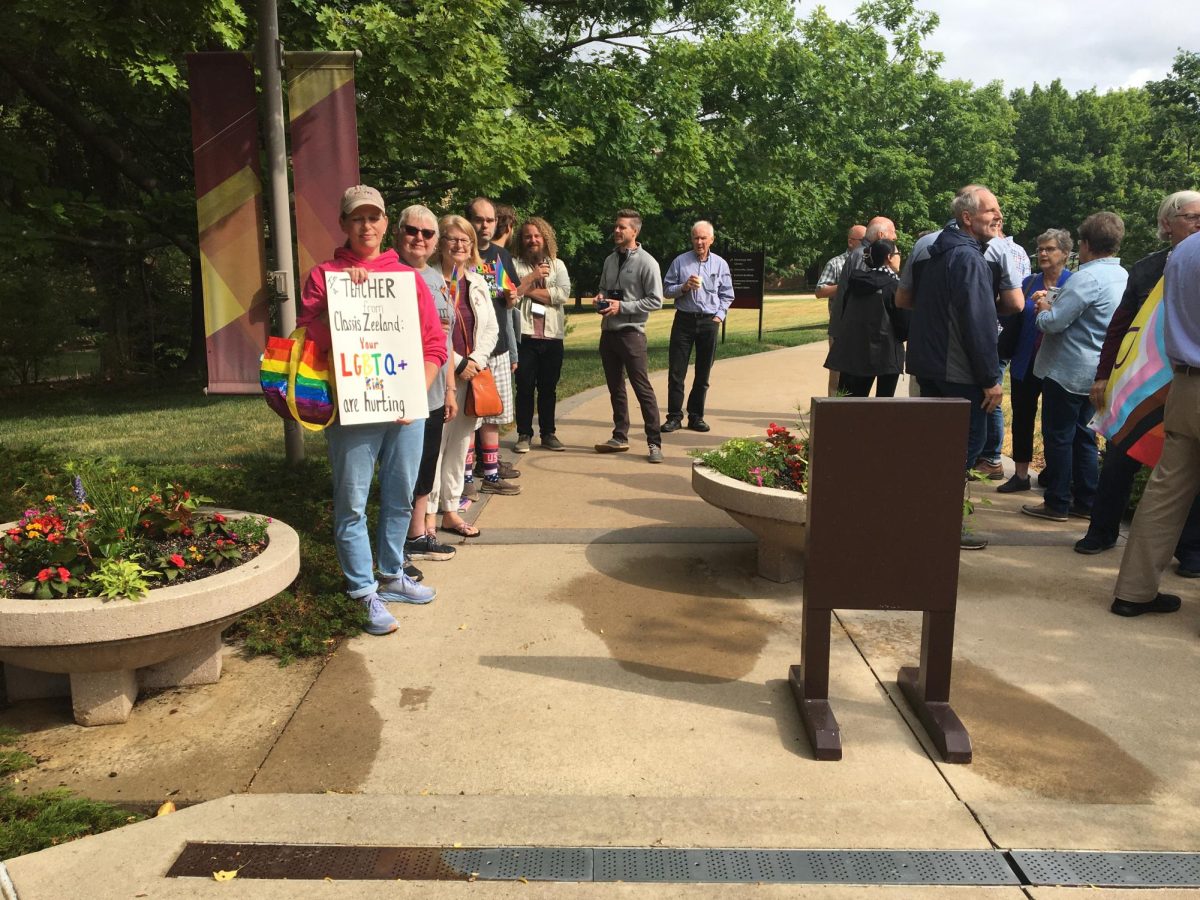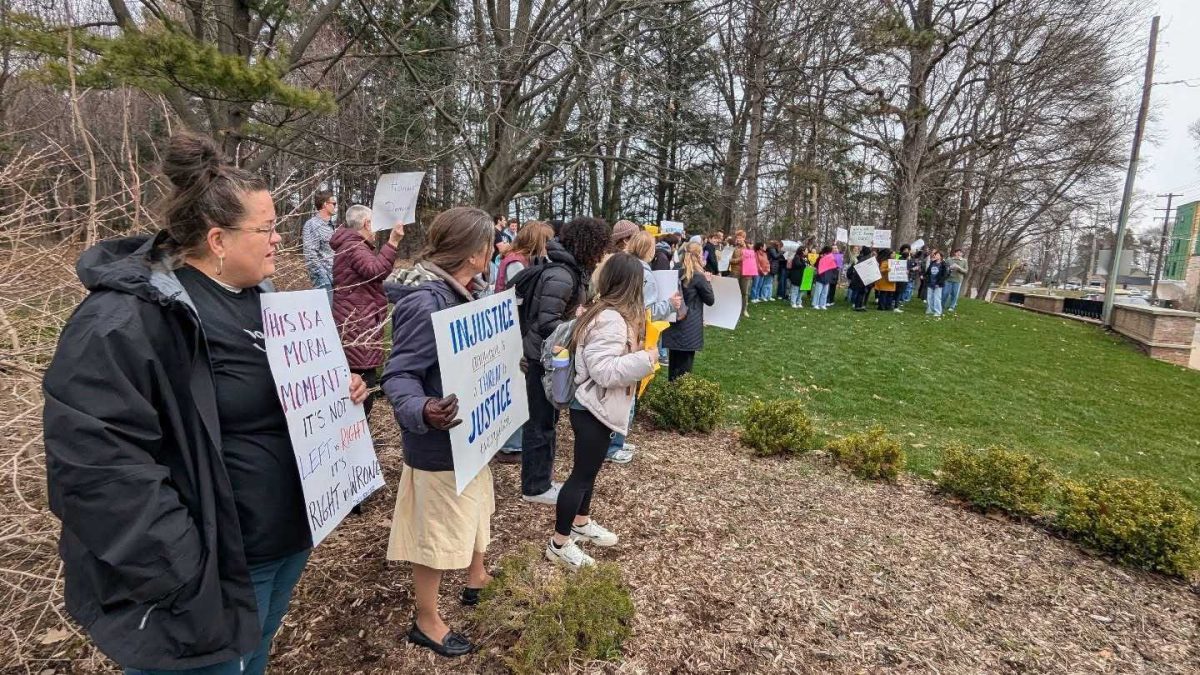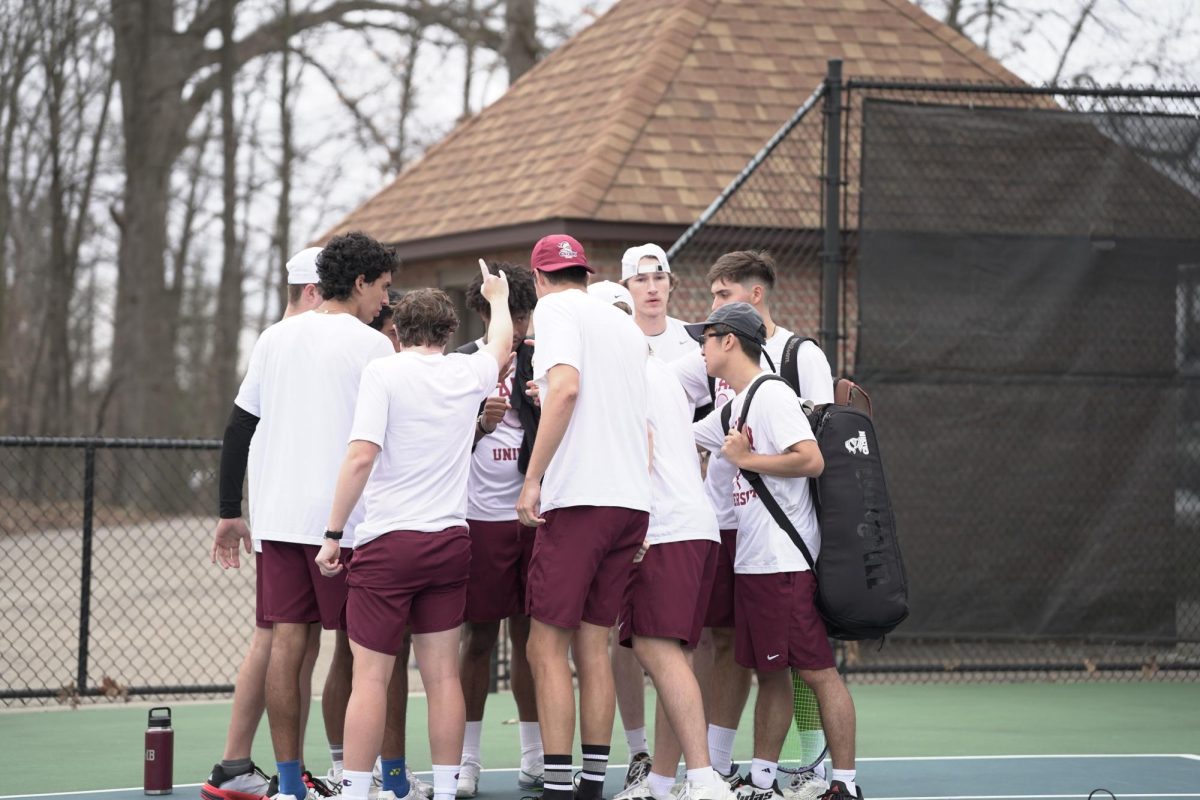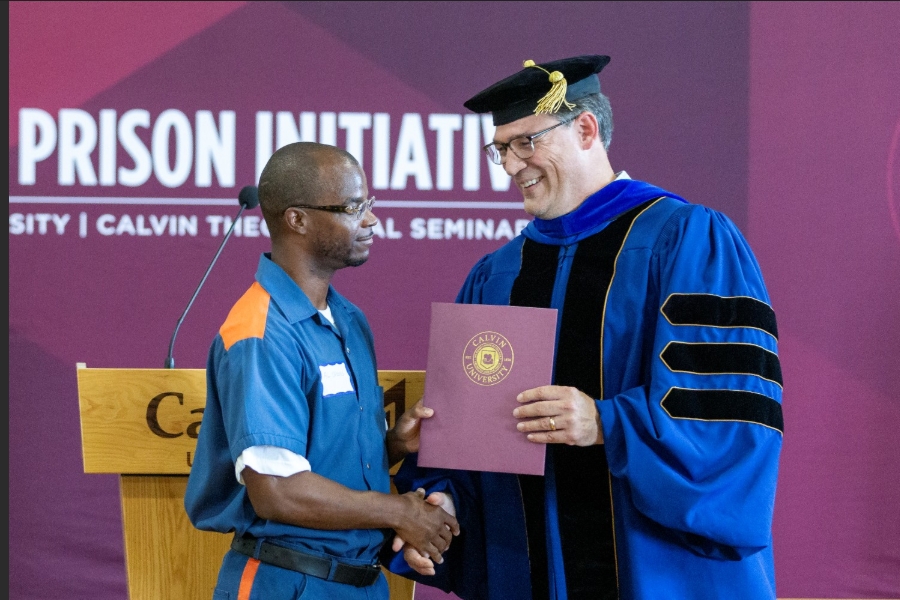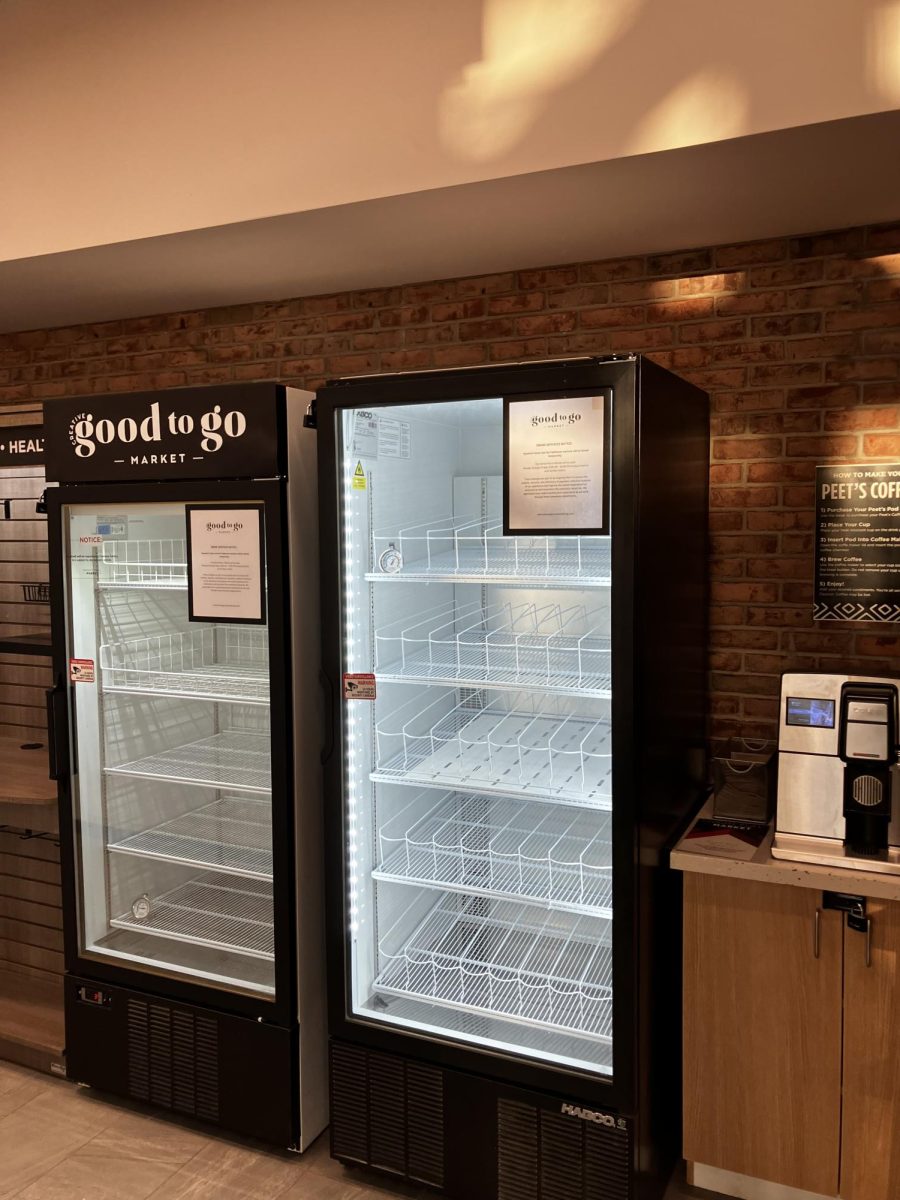Continuing decreases in student organization (org) budgets have forced many of Calvin’s student orgs to adapt their programming and priorities.
Calvin has over 70 student-led organizations that are funded by the Center for Student Engagement (CSE). Org budgets typically fall somewhere between $200 and $1000 per semester depending on the organization’s programming and necessary expenditures. Student orgs can also apply for additional funds for larger requests such as capital projects, conferences, and events. The Student Org Council — which includes Student Org Director Jess Stehouwer and Student Org Coordinator Theo Perumal — evaluates these requests and sets student org budgets and policies.
Budget concerns have been a frequent issue for student org leadership for the past several years. During the 2021–2022 school year, a student senate team led by Perumal proposed a way to address student org budget constraints through a new fee structure that prevented budgetary reallocation. Although the fee structure was ultimately rejected, Senate’s efforts led to meetings with former President Wiebe Boer who agreed to increase student org funding by $50,000 for the 2022-2023 school year. According to JB Britton, this additional money was limited to one year “with the hope that the college would find other resources.”
Those resources never materialized, and during the 2023–2024 school year student orgs faced a significant funding drop-off. During the 2024-2025 school year, student org budgets have also decreased, but not as significantly. Rather than smaller individual budgets, the decrease this year is mainly that the CSE retains fewer funds for requests such as capital projects, conferences, and events. According to Britton, the Capital Projects Grant consisted of $25,000 to be distributed among orgs who applied for it in the 2023-24 school year. This year, the amount has dropped to $5,000.
Adapting to smaller budgets and decreased access to money for larger projects looks different for every student org. Alex Shier, president of the Political Dialogue and Action Committee (PDAC), observed that while PDAC is not majorly affected by the cuts, smaller budgets do “limit how big you can dream.”
Other clubs are feeling the cuts more strongly. For Knight Investment Management (KIM), “it’s been a cut of about 66%” from last semester to this semester,” according to KIM CEO George Holmes. KIM relies on their budget for dinner at weekly meetings. Although it may not seem like much, sharing food “helps to foster more of a social environment [and] more community,” says Holmes. KIM also uses their budget for merchandise and is anticipating those costs to be shifted to students themselves.
The National Society for Black Engineers (NSBE) is especially affected by the decrease in capital projects funding. According to Blessing Amoah, the organization’s president, a big draw for NSBE members is the ability to attend conferences. Going to conferences helps students connect with companies, increase their exposure and experience, and provide networking opportunities. “A reduction in the budget then reduces the number of students that [are] able to go to this conference,” says Amoah. In the past, NSBE has relied on funding from NSBE alumni, the Career Center, and the president’s office to fill the funding gap.
Model UN (MUN) and Food Recovery Network also rely on outside funding to fulfill their organizational goals. MUN is a newer club that was previously entirely funded by the president’s office, according to MUN President Lathan VanderLeest. Now, the organization is associated with the Politics and Economics Department. MUN has high travel costs associated with its activities, which mainly involve competing at conferences across the country as a team. “Frankly, student org funding couldn’t [support] what we do,” says VanderLeest. “That’s just looking at it realistically.”
Food Recovery Network (FRN), which is affiliated with a national program, “depends on outside funding and non-monetary partnerships at Calvin,” according to leader Evelyn Marcrom. FRN’s CSE budget covers transportation costs for six recoveries per week. However, Marcrom notes that “with the budget cuts, some of our food recoveries and partnerships may be at risk.” FRN’s “network of support” which includes offices like the Service-Learning Center, allows it to function without solely relying on Calvin’s funding.
Student organizations are a key component of student experience at Calvin. Britton, referencing a recent Student Senate survey, told Chimes that “something like 60 percent of students were either moderately or extremely involved in student orgs.” These orgs can help students find community, prepare for their careers, and serve their neighborhoods.
“I think student orgs are something that Calvin should prioritize because it is a large part of the student experience and it’s where a lot of people find the real value in their college experience,” says VanderLeest.
“I really think that the administration needs to look at the money that they budget for student orgs as an investment into the community. It doesn’t matter if it’s [a] casual or professional [student org], they all contribute to what I think really makes Calvin unique,” Holmes told Chimes. “I believe we’d be doing ourselves a really big disservice to not continue [funding].”




